Formerly known as Upper Volta, Burkina Faso was a colony of French West Africa from 1896 until 1960 and attained independence on August 5th, 1960. Burkina Faso is a landlocked West African nation bordered by Mali to the northwest, Niger to the northeast, Benin to the southeast, Togo and Ghana to the south, and Ivory Coast to the southwest. As of 2021, Burkina Faso's population was approximately 23,674,480.
Burkina Faso’s inaugural President, Thomas Sankara, changed its name from Upper Volta to Burkina Faso, which means 'land of incorruptible people.'
Burkina Faso has abundant mineral resources, with significant production of gold, zinc, copper, manganese, phosphate, and limestone. Additionally, it holds reserves of diamonds, bauxite, nickel, and vanadium.
While the country also possesses mineral deposits including gold, both ferrous and non-ferrous ores, and energy resources, only limited quantities have been discovered thus far. Gold constitutes approximately 10 percent of export earnings. As at 2021, Burkina Faso's primary trading partners for exports included Switzerland, India, Singapore, Cote d'Ivoire, and Mali, while major import partners included China, Cote d'Ivoire, France, the United States, and Ghana.
Cultural and Religious Diversity
The earliest people to settle in the area were the Mossi people in the 11th and 13th centuries. They established powerful kingdoms such as the Ouagadougou, Tenkodogo, and Yatenga.
Burkina Faso currently is home to a broad range of ethnic groups, such as the Mossi, Fulani, Bobo, and Gurunsi peoples, who have all contributed to the country's rich cultural legacy. Burkina Faso's civilization is based on close family relationships and shared ideals. Decision-making and social support systems are heavily reliant on extended families.
It is known for its religious diversity and strong family ties. Christianity, indigenous African beliefs, and Islam are the most common religions in the country. Religious ceremonies coexist peacefully and impact many facets of daily life, social conventions, and celebrations. Events like the "Festival of Masks" in Dedougou and the Mossi "Nakomse" initiation rites provide opportunities for storytelling, cultural expression, and fostering a sense of community.
However, its landlocked nature has accounted for significant challenges in recent years, such as security threats, political instability, and socio-economic difficulties. Burkina Faso's democracy index ranking, per the United Nations Development Program (UNDP), places it at 184 out of 199 countries, indicating significant challenges in its democratic governance.
This also reflects the complex challenges it faces in building and sustaining democratic institutions, ensuring the rule of law, and promoting inclusive governance amid socio-economic and security pressures.
Political Landscape, Military Interventions, and Transition to Democratic Rule
The Constitution of Burkina Faso ensures respect for fundamental rights and freedoms, the separation of powers, and multiparty elections, serving as a testament to the country’s democracy. However, despite these provisions, Burkina Faso has faced challenges in solidifying democratic norms and practices, particularly concerning accountability, transparency, and electoral integrity.
Burkina Faso has since its independence contended with multiple security situations identified by terrorist attacks, armed conflict, and inter-communal violence. Extremist groups affiliated with Al-Qaeda and ISIS have targeted security forces, civilians as well as infrastructure in the northern and eastern regions bordering Mali and Niger.
Although there have been considerable efforts to strengthen security forces and participate in regional cooperation, the government has struggled to contain the violence which has led to significant loss of lives and displacement of people.
Further, in recent years, Burkina Faso has experienced political turbulence as a result of former president Blaise Compaore’s attempt to extend his rule. This action led to mass protests and consequently a coup d’état in 2014.
The subsequent transformation to democratic governance led to the election of President Roch Marc Christian Kabore in 2015 whose governance has faced criticism for its poor handling of the security crisis and allegations of corruption.
A significant portion of the populace has been affected by displacement, food insecurity, and limited access to essential services, particularly in areas affected by violence. Humanitarian organizations are working tirelessly to assist those in need, yet they face significant challenges due to funding constraints and access limitations. Civil society organizations are instrumental in advocating for democratic reforms and holding the government accountable.
Ibrahim Traore currently holds the position of Burkina Faso's president, having come to power through a coup état in September 2022. He became the youngest head of state globally when he and fellow junior military officers ousted Lieutenant-Colonel Paul Henri Damiba, who himself had assumed the presidency through a coup in January, 2022. Traore justified the coup by citing the incumbent's failure to effectively address the ongoing insurgency issue in the country.
Preceding events after the military intervention have led to their withdrawal from the Economic Community of West African States (ECOWAS) and from all discussions on restoring civilian rule and establishing election timetables.
Although military leaders have celebrated this decision, emphasizing patriotism and security achievements, civil society organizations have expressed concerns over limited freedom of expression and lack of democratic debate in the country.
The main objective of the military government has been the prioritization of national sovereignty and counterterrorism efforts over democratic transition which critics have described as a threat to the return of a constitutional order.
Russia has been expanding its influence in Burkina Faso, taking advantage of long-standing disillusionment with French politics. Indications of Russian presence include the offering of free Russian language courses and the emergence of pro-Russian graffiti in the capital, Ouagadougou.
This charm offensive gained momentum following a Russia-Africa summit in 2023, with pledges of assistance materializing in the form of a wheat donation. Dissatisfaction with France stems from among other things the existing cultural disparities, including differing stances on LGBTQI+ ideologies and its perceived failure to address security challenges in the Sahel region. This shift towards Russia occurs amidst international isolation faced by Russian President Putin due to the Ukraine invasion.
The Future in Perspective
The recent coup underscores the political instability that has characterized Burkina Faso for decades. With its withdrawal from ECOWAS and a recent foiled coup attempt, the future of democratic transition remains uncertain as military leaders refrain from committing to election timetables.
Burkina Faso faces a multitude of challenges, demanding unified and coordinated efforts from both the international community and civil society. A paramount priority is the restoration of democracy. Achieving peace, economic stability, and prosperity in the nation entails tackling security issues, fostering political stability, and strengthening democratic institutions.
The shift from French to Russian military presence has raised concerns among Western nations and others in the region. It is imperative to navigate these shifts cautiously, prioritizing the welfare of the people, safeguarding sovereignty, and preventing the exploitation of citizens.
In essence, Burkina Faso must chart a course that prioritizes democratic principles, fosters inclusive development, and ensures the protection of its citizens. Only through concerted and strategic efforts can the nation overcome its challenges and pave the way for a brighter future. Only through concerted and strategic efforts can the nation overcome its challenges and pave the way for a brighter future.

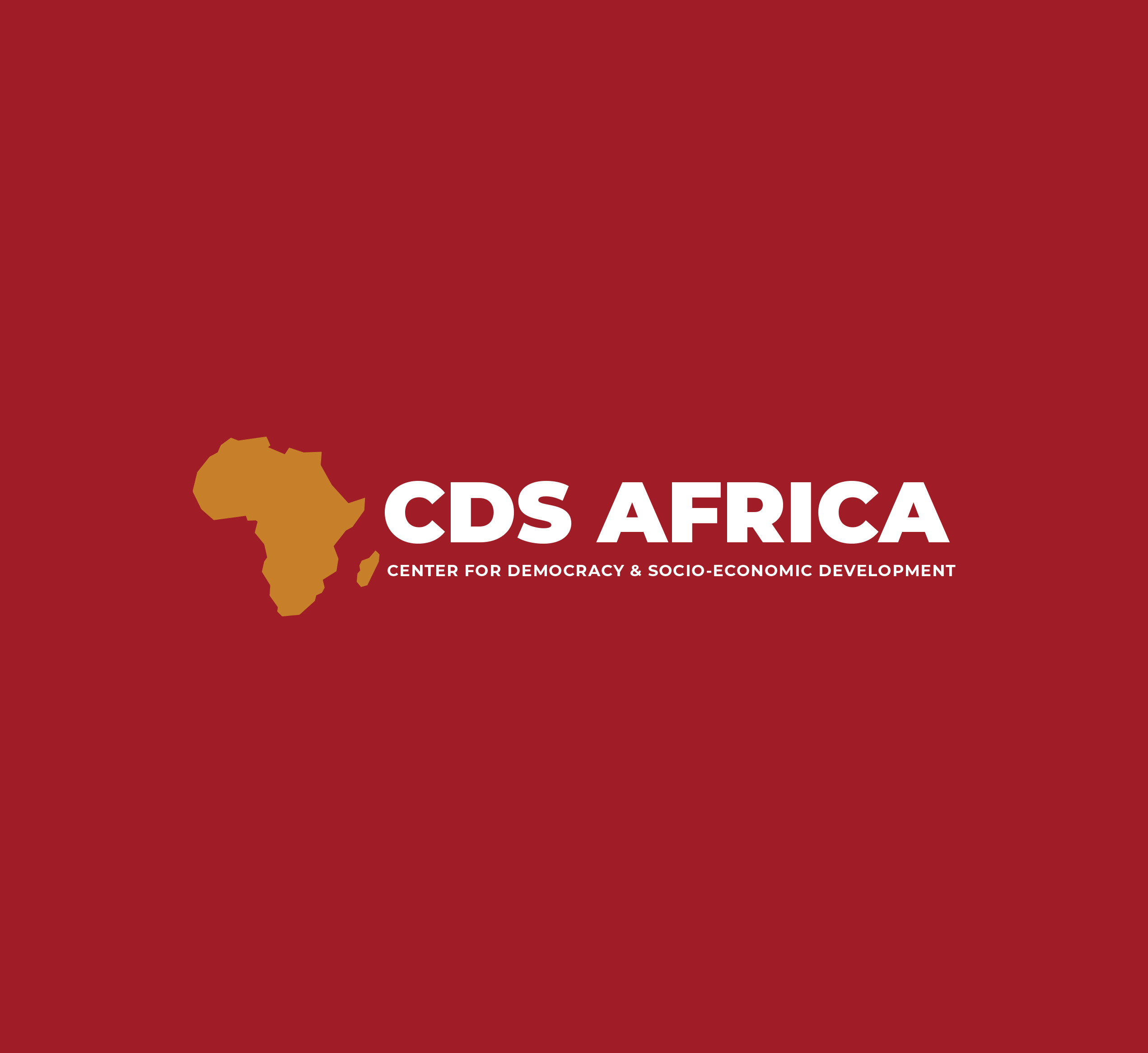
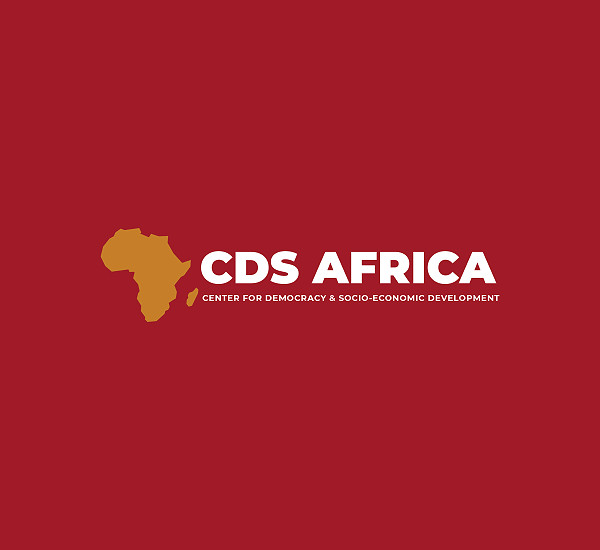
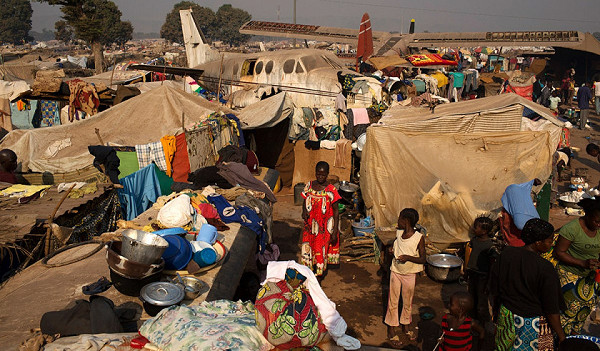
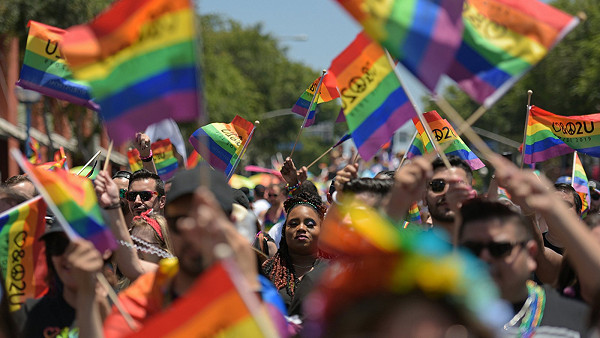
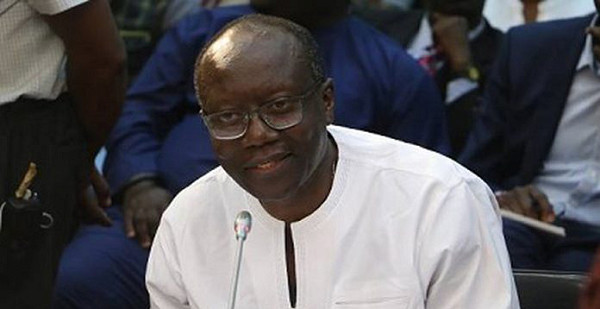
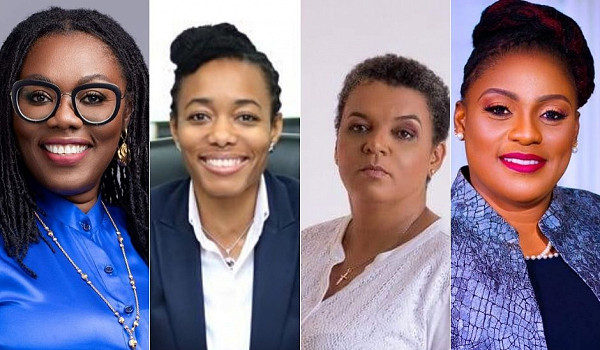
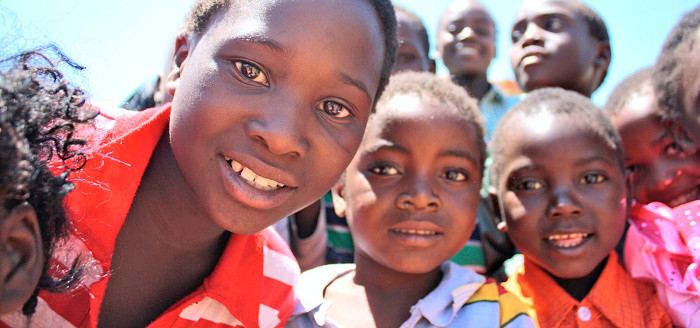
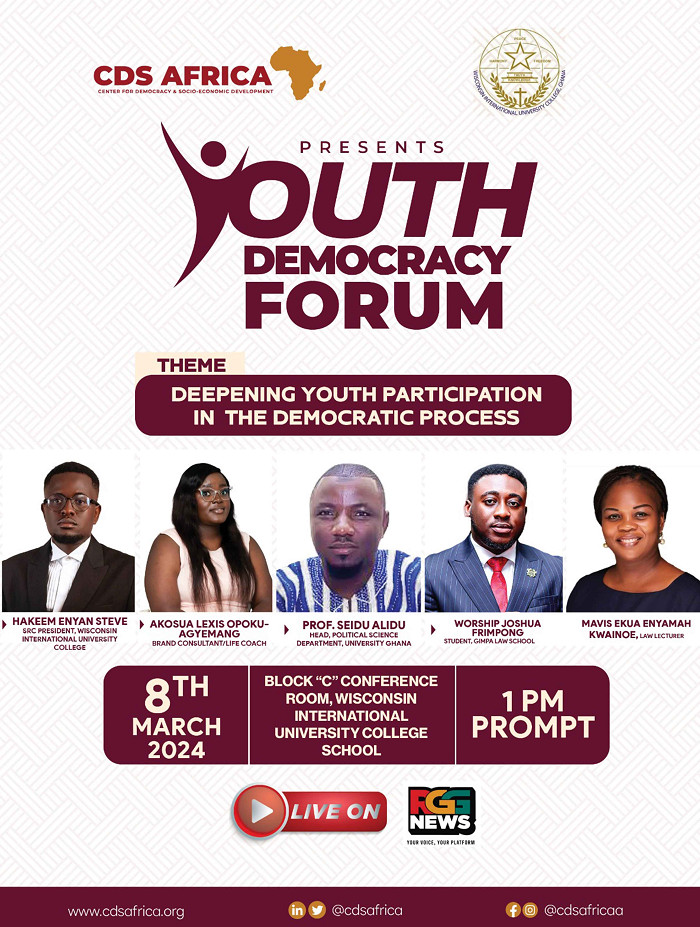
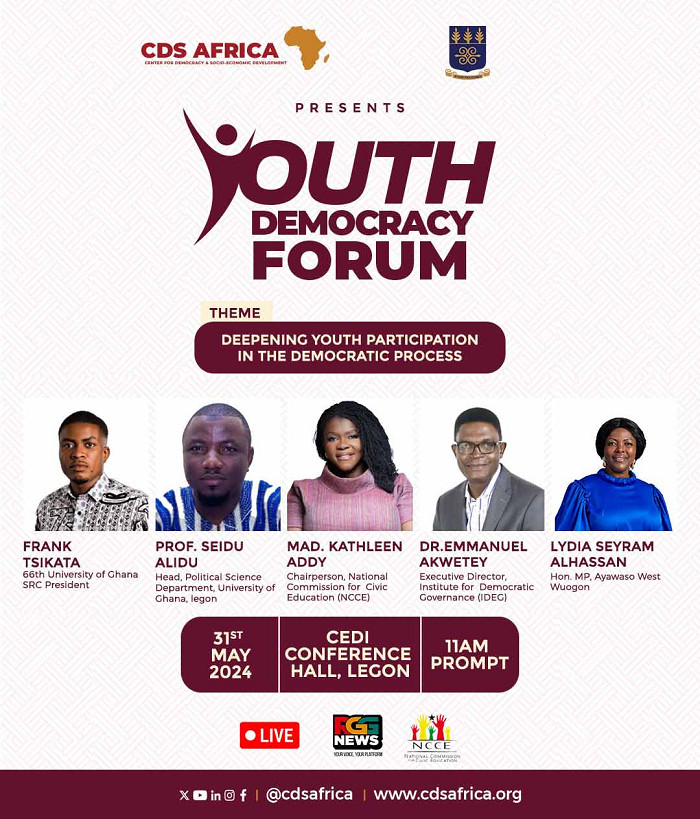
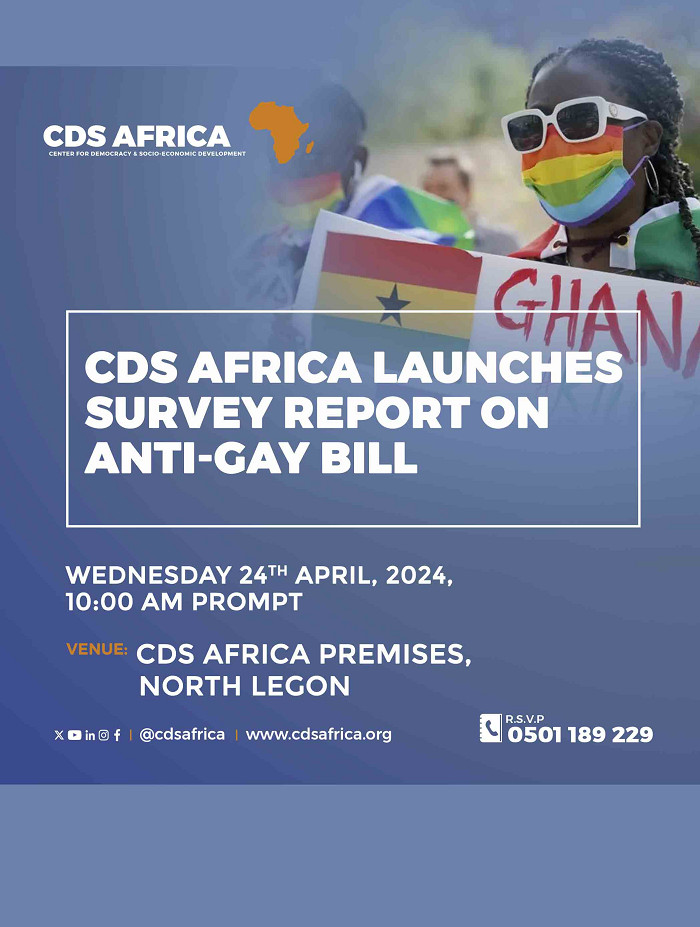
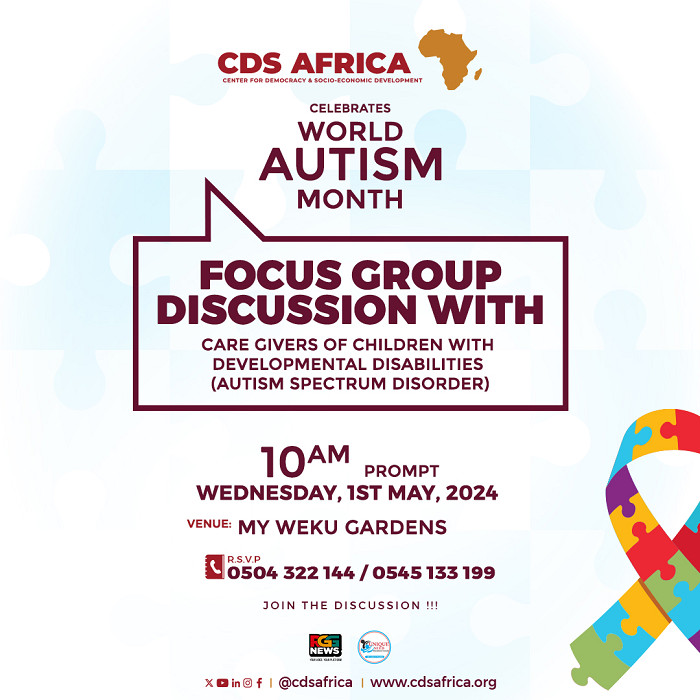
Write a Comment